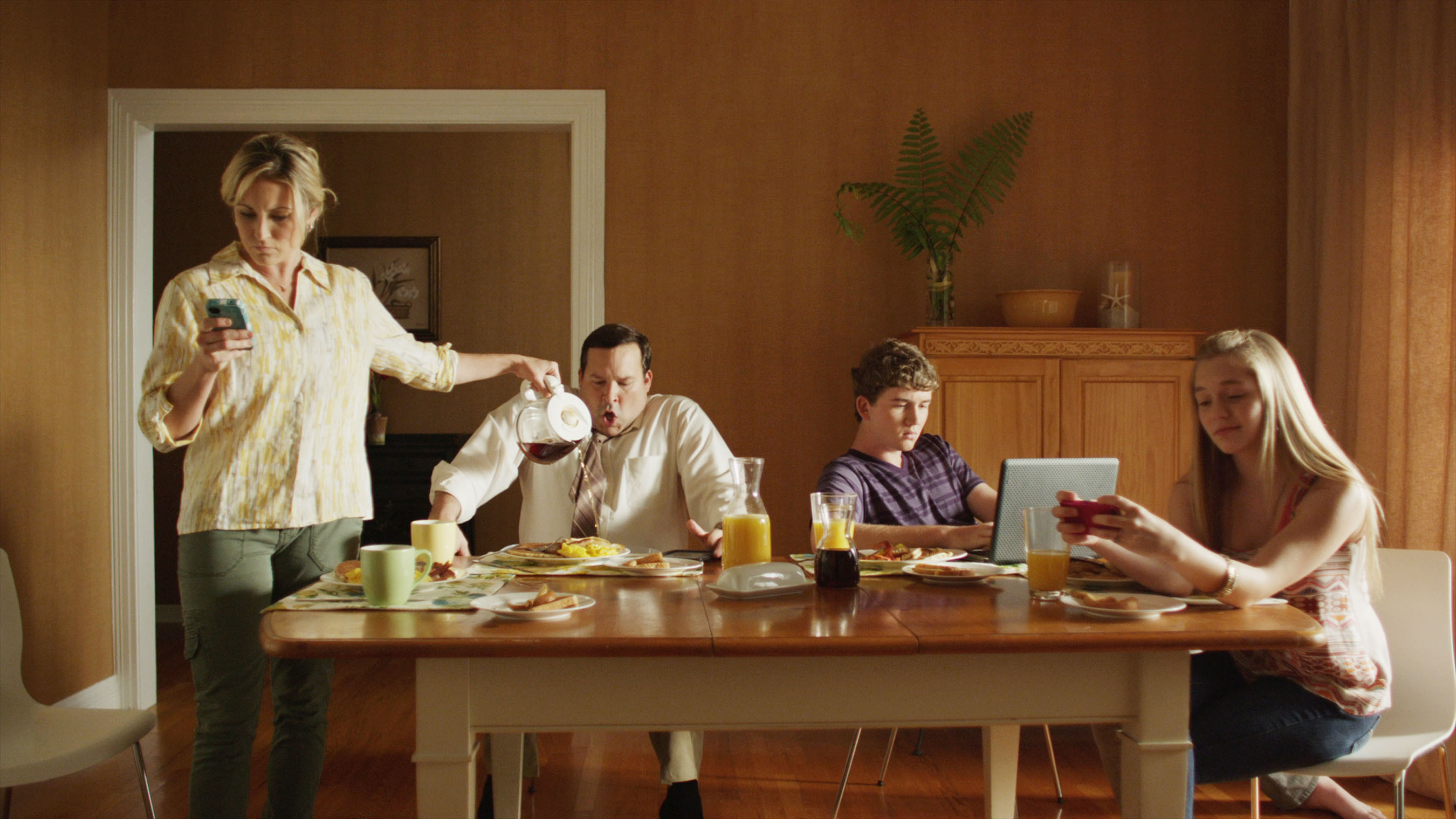A button was pushed and the tempo and volume of words increase.
Listening has flown out the window and you are only hearing words that provide opportunity to pounce and launch a another great because I am the adult type lecture.
As you run through your lecture, the eyes of targeted teenager actually appear to role back into the cavity of the brain and reappear possessed by some demonic, hormonal force shooting a laser through your soul.
The laser does not silence your barrage of words. It increases the tempo and frequency of your words as you begin to say things you swore you would never repeat from your own echoed past...
"If you want to live somewhere else, I will pack your bags!"
"I would have never talked to my parents the way you are talking to me!"
"I hope you enjoy boxes because you are going to be living in one if you don't get those grades up!"
Have you ever had this type of conversation with a teenager? With the teenager living in your home?
Tension and Conflict are often part of the chaotic dance parents and teenagers go through on the journey towards independence and adulthood. When the tension and conflict rises, no one typically wins. Personally, when I am in the middle of (what I think is) a great lecture, I feel validated and empowered as I am giving a certainly magnificent-life changing instruction. After the lecture, when the tempo and volume have settled, I am faced with the truth that all of that magnificent-life changing instruction came across with the effectiveness of Charlie Brown's teacher! Why? When the eyes roll the ears close!
What do you do when tension is on the rise?
There are a bunch of breathe deep and go to a happy place relaxation suggestions, but these 3 tips will get the tension lowered quickly and further strengthen your communication skills with teenagers:
Ask for a time out and Walk Away. This suggestion is for both adult and student. You can develop a special word that signals I am taking a time out and walking away or simply agree to say, "I need to take a break" when the conversation is too heated. The point is, rejoin the conversation when the tempo and volume are settled (this may take a while-don't rush it). Remember, calling a time out does not mean you ignore the conversation. You simply pick the conversation up when the ears are open and the eyes stop rolling.
Stop Lecturing. This one is for both, but especially adults. Keep your words short and to the point. this is the first step in keeping the eyes watching and the ears listening.










